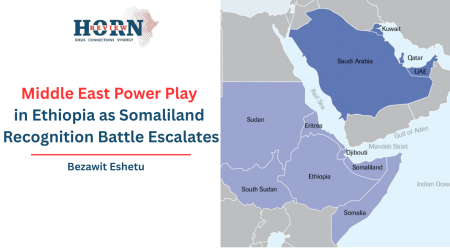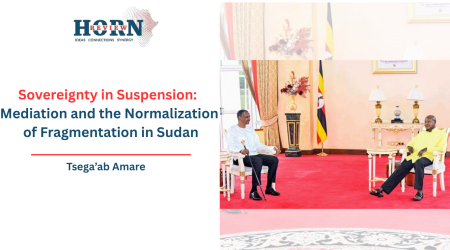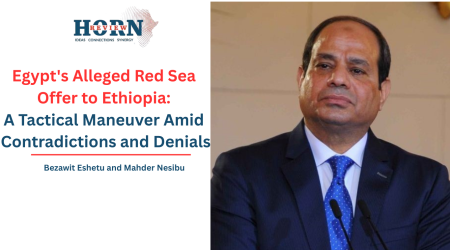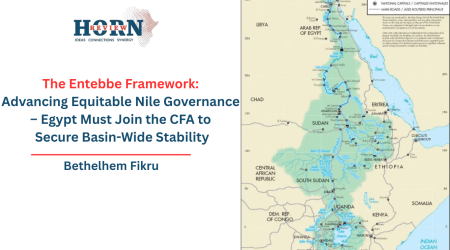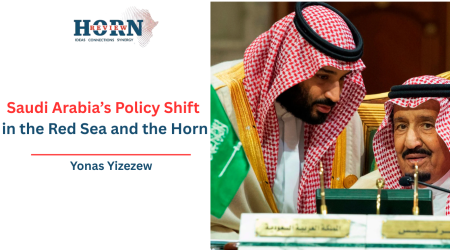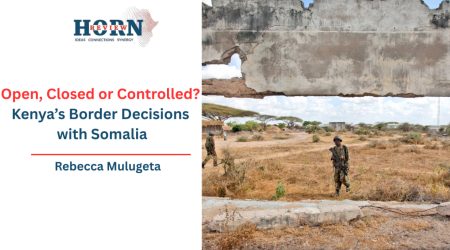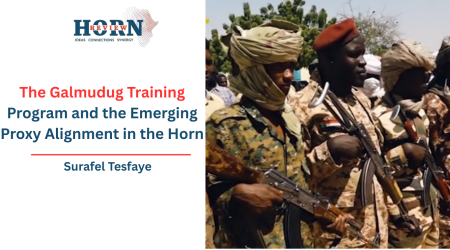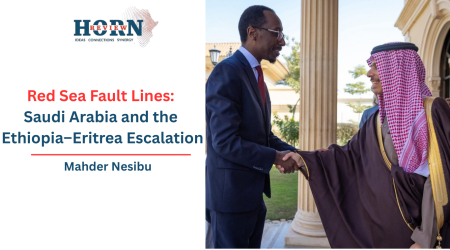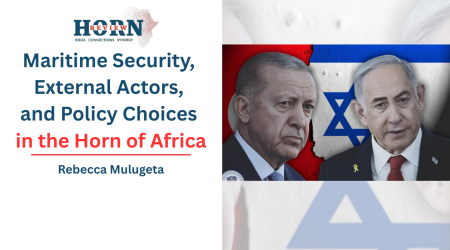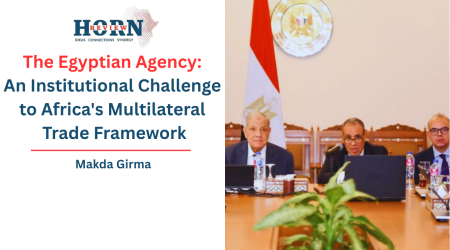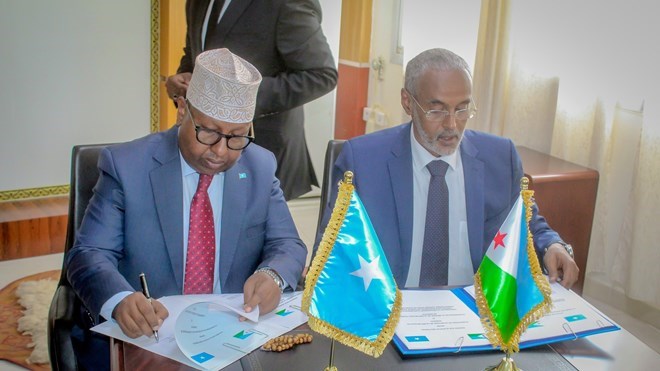
2
Oct
Band-Aids Over Bab-EL-Mandeb: Counterweight Or Crutch
In Djibouti City, Somali Defense Minister Ahmed Moallim Fiqi and his Djiboutian counterpart, Ali Hassan Bahdon, signed a Status of Forces Agreement (SoFA) to govern the deployment of additional Djiboutian troops into Somalia. The ceremony was wrapped in familiar diplomatic language – “unwavering commitment,” “shared vision of regional stability,” “spirit of cooperation and mutual respect.” Yet the absence of specifics – no troop numbers, no timelines, no operational detail – calls for closer scrutiny. Beyond the performance of camaraderie, the agreement exposes fundamental questions about genuine intent, sustainability, and the realities of power in the Horn of Africa.
Djibouti’s role as a dependable troop contributor in Somalia is well established. Its forces have served under AMISOM, ATMIS, and now AUSSOM, largely in Hirshabelle’s Hiraan region, where they have helped secure towns such as Beledweyne and Buula-burte against al-Shabaab. The new SoFA, described as a “landmark defense deal,” provides the legal framework for an expanded presence, setting out modalities of intervention, reciprocal obligations, and coordination mechanisms. Minister Fiqi hailed it as an essential pillar of Somalia’s “Somali-led stabilization process.”
That narrative, however, glosses over Djibouti’s own strategic calculations. The country is not merely acting out of solidarity. As a small state with limited resources, Djibouti has leveraged its geographic position at the Bab-el-Mandeb Strait to become a global military hub, hosting bases for the U.S., China, France, Japan, and others. These bases generate vital revenue and geopolitical weight, allowing Djibouti to position itself as an indispensable security partner. Additional deployments in Somalia reinforce this role, validating its base infrastructure and strengthening its image as an “outpost of stability.” In this sense, the SoFA serves Djibouti’s rentier-security economy as much as it does Somalia’s stabilization agenda.
The agreement also comes at a moment of institutional fragility. The African Union Support and Stabilization Mission in Somalia (AUSSOM), which replaced ATMIS, has struggled from the outset. Its launch has been marred by a funding crisis, with disputes over UN financing (Resolution 2719) and donor fatigue undermining its viability. U.S. resistance to assessed contributions and signs of weariness from European donors – after decades of bankrolling AU missions – have left AUSSOM underfunded and undermanned. The AU’s appeal for 8,000 additional troops has gone unanswered. Djibouti’s bilateral step, therefore, can be seen as a stopgap, plugging gaps left by a faltering multilateral system. But this very move raises the risk of fragmented approaches. As the EU Institute for Security Studies has cautioned, reliance on bilateral deployments may erode collective frameworks and deepen divisions within Somalia’s already fragile security architecture.
Regional politics sharpen this picture. Ethiopia’s attempt to insert troops into AUSSOM was blocked by Somalia following Addis Ababa’s controversial port deal with Somaliland in early 2024, a dispute that nearly paralyzed the mission. While Turkish mediation eased tensions, mistrust persists. Djibouti, historically cautious of Ethiopian dominance yet economically reliant on its trade corridor with Addis Ababa, now presents itself as a more acceptable partner for Mogadishu. By signing this agreement, Somalia demonstrates security cooperation with a “brotherly” neighbor while holding Ethiopian influence at bay. The deployment, then, is not only about countering al-Shabaab but also about recalibrating regional power balances.
The deeper challenge, however, remains Somalia’s unresolved internal crises. Al-Shabaab’s renewed momentum in Hirshabelle, where it has reclaimed towns despite years of AU deployments, highlights the limits of military solutions in the absence of political settlement. Somalia continues to grapple with contested federalism, clan rivalries, and constitutional ambiguity. Regional administrations like Jubaland and Puntland openly resist Mogadishu’s authority, as seen in the December 2024 clash between federal and Jubaland forces. Without progress on these fronts, additional foreign troops – even from close neighbors – risk becoming temporary fixes rather than lasting solutions.
The Djibouti-Somalia SoFA, therefore, should be read in dual terms: as a practical arrangement to sustain a military presence in the fight against al-Shabaab, and as a strategic move by Djibouti to safeguard its own regional relevance. It may ease Mogadishu’s immediate security anxieties and strengthen Djibouti’s bargaining position with external powers. But without parallel efforts to address Somalia’s structural political fragmentation, this deployment risks becoming another episode in a long series of interventions that conflate military presence with genuine progress.
By Samiya Mohammed, Researcher, Horn Review

